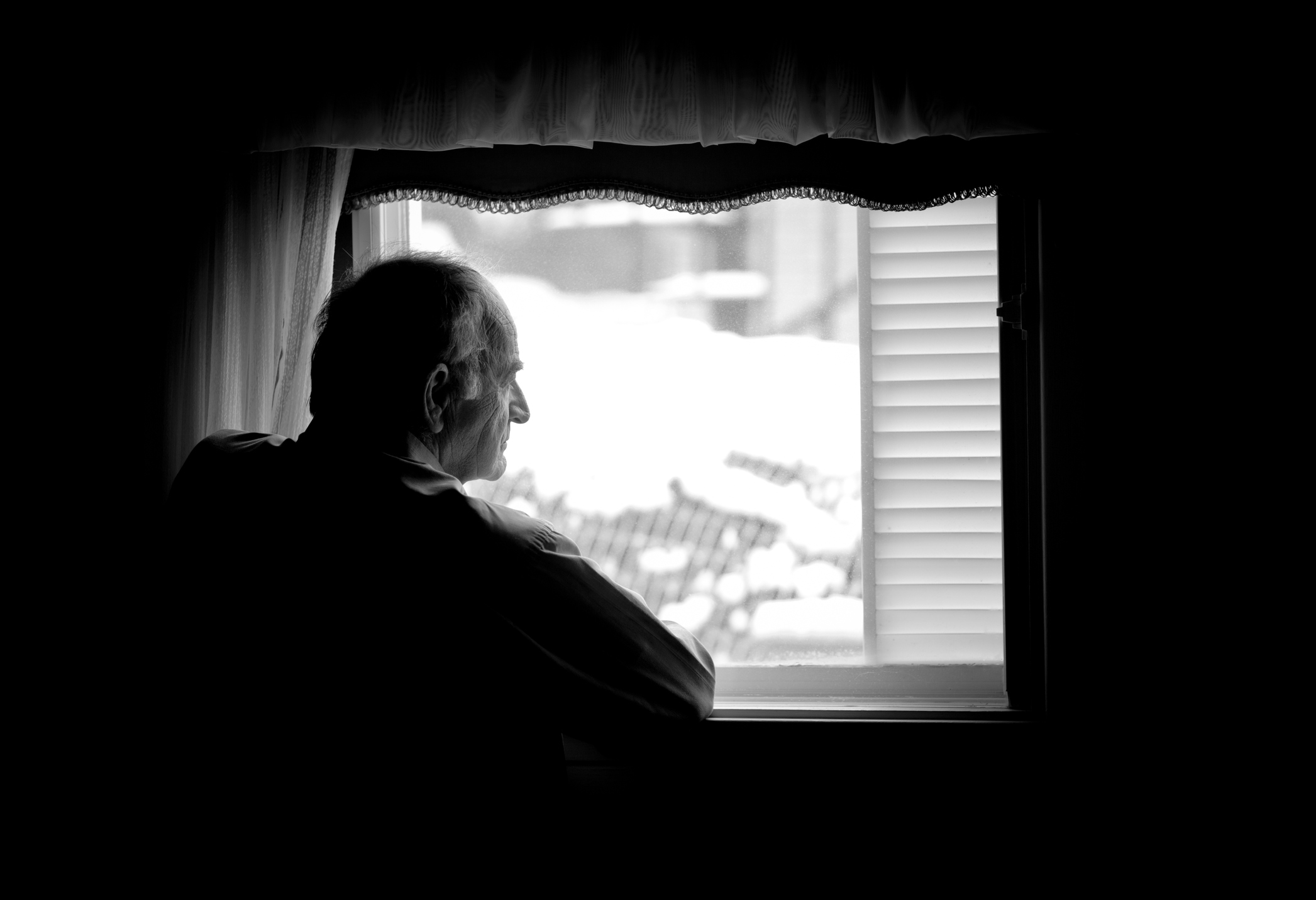October can be a beautiful month marked by the brilliant changing colors of the leaves and warm afternoons followed by cool evenings begging for a cozy fire but many older adults who suffer from depression will no longer enjoy some of their best-loved activities this fall.
World Mental Health Day is October 10 and in the United States, National Depression Screening Day takes place October 12. Older adults who may spend much of their day alone can become socially isolated which often leads to depression and without screening, seniors may not receive the treatment they need to start feeling better.
With campaigns to raise awareness about depression and help lift the stigma surrounding mental illness, more people can get the help they need. And thanks to online tools, people who may wonder if they are at risk for depression can tell if they should seek professional help in the privacy of their own home. According to the Centers for Disease Control and Prevention, most people don’t even know they have depression and many seniors may attribute symptoms to aging and never seek treatment.
Do you know the signs of depression common in older adults?
- Memory difficulties or personality changes
- Physical aches or pain
- Fatigue, loss of appetite, sleep problems or loss of interest in sex — not caused by a medical condition or medication
- Often wanting to stay at home, rather than going out to socialize or doing new things
- Suicidal thinking or feelings, especially in older men
Source: Mayo Clinic
If you feel or notice someone with some or many of these symptoms nearly every day for most of the day, you or a loved one may have depression. Depression is not a normal part of aging and often goes untreated among seniors who are reluctant to seek help. Symptoms can be less obvious in older adults and are often chocked up to natural changes associated with aging.
To access free, confidential depression screening online, visit www.helpyourselfhelpothers.org . To read more about older adults and depression, visit the National Institute of Mental Health by following this link.






Add Your Voice
0 Comments
Join the Discussion